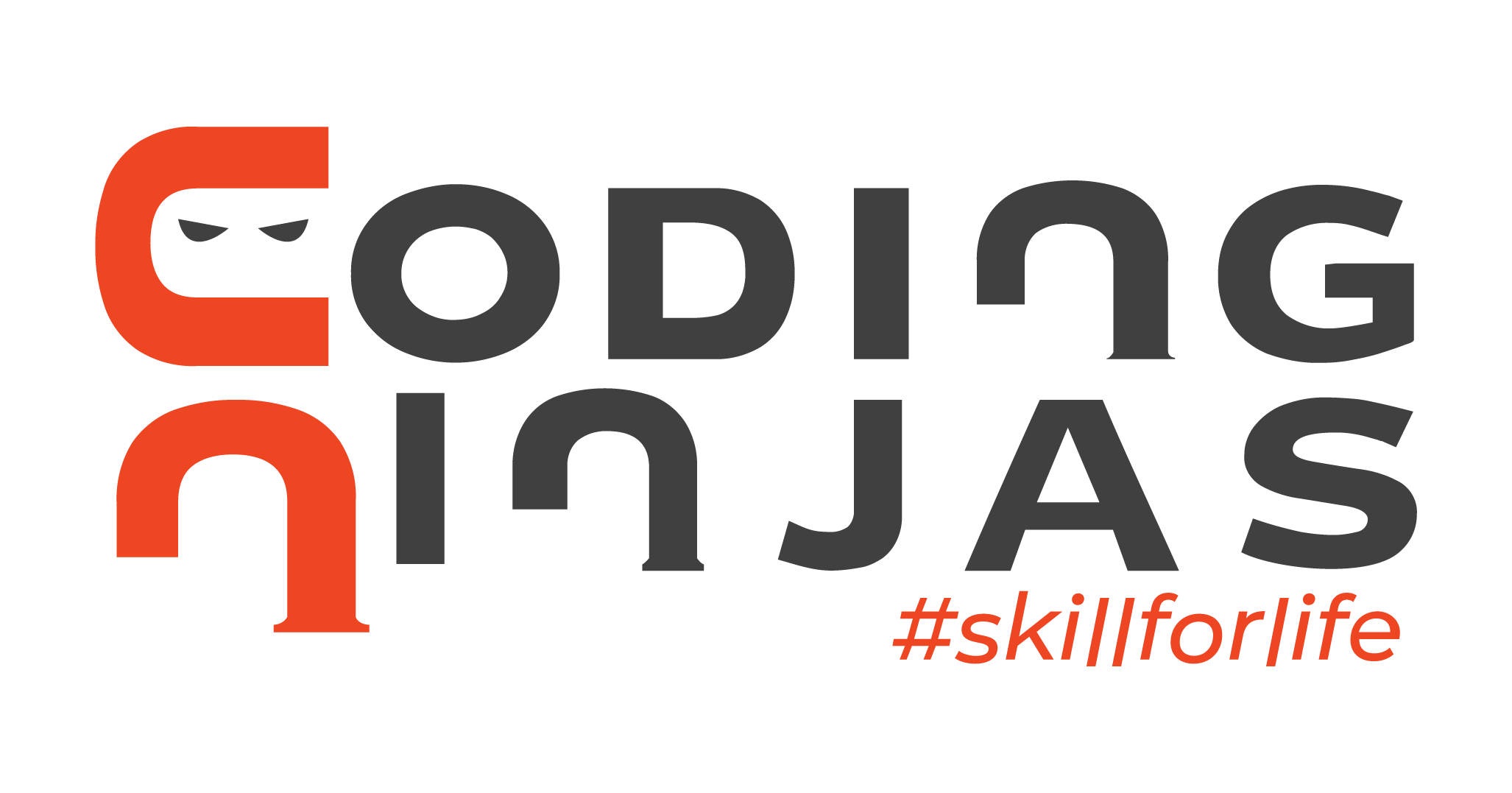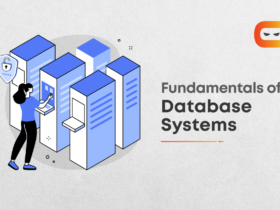
When it comes to the Indian software industry, one thing can be said for certain – software development industry has been growing at a tremendous pace and has come a long way ever since the 90s. In fact, stats show that the contribution of the software industry to the country’s GDP has risen from 1.2% in 1998 to 7.7% in 2017. This growth has naturally brought about massive job opportunities in the Indian job market, with Software Engineering emerging as one of the top job positions in India.
Today, India is one among the top software consultancy hubs in the world with an abundance of qualified and skilled Software Engineers ready to take on diversified roles in the software industry. In India, the most common Job Designations offered to Software Engineers are:
- Software Developer
- Software Executives
- Software Designers
- Software Programmers
- System Designer
- Project Manager
- Information Systems Manager
Software Engineers may hail from three educational backgrounds: B.Tech in Information Technology, B.Tech in Computer Science, B.Tech in Software Engineering. If you are someone who’s seeking a job position that’s exclusively software development-oriented, having a B.Tech degree in any of these three above-mentioned disciplines is a must. However, if you are rooting for consultancy and software solutions jobs, a degree in Computer Tech such as B.A. in Computer Science or B.A. in Computer Application will suffice (along with B.Tech degrees in Computer Science/Engineering). While having a Graduate degree is good enough for fresher job roles like Asst. Software Engineer, Software Test Engineer, Junior Software Developer, among others, for senior-level jobs having a Master’s degree or an MBA is a must along with a few years of industry experience.
The hunt for bagging the perfect Software Engineering job starts as early as the college days itself. Usually, aspiring candidates take their first steps in the job sector with internships at reputed companies such as TCS, Infosys, HCL, and so on. And by the end of the fourth year, everyone is in a rush to be placed in an IT organization that pays well while simultaneously offering plenty of opportunities to grow. Some of the top recruiters of Software Engineers in India are:
- TCS
- IBM
- HCL
- Oracle
- Infosys
- Wipro
- Cognizant
- Accenture
- Microsoft
- Symantec
Now, coming to the question of pay scale of Software Engineers in India, the average yearly salary for freshers is around ₹ 4-5 lakhs along with other compensation and benefits. The higher you go up the qualifications and experience ladder, the higher will be your salary. So, experienced software professionals usually earn around ₹ 10-15 lakhs per year. However, one thing you must note that while the pay for Software Engineering jobs rises steadily for experienced workers, it starts to show a downward trend for professionals who’ve been in the industry for over twenty years.
With the advent of Big Data, AI, and ML, job opportunities in the Software Development/Engineering sector seem to escalate even more rapidly. As these cutting-edge technologies are increasingly penetrating all parallels of the industry, be it business, or healthcare, or IT, the demand for skilled and talented Software Engineers who are well-versed with Big Data, AI, and ML is rising significantly. Although it is true that AL and ML tech encourages automation, the ultimate key to develop and enhance these technologies will always be in the possession of Software Professionals. It’s, therefore, obvious that candidates who possess these additional skills will have a competitive edge over their rivals. Also, having these skills increases your chances of being hired by the top IT recruiters in the industry.
Thus, it can be safely said that the career prospects for Software Engineers in India seem to be bright and stable for many, many more years to come. The key to maintain a stable career and scale up the ladder is to constantly upskill your talent and knowledge base for you must remember, you need to create a ‘need’ for your talent. The industry is talent-hungry and there’s no better time than now to start honing your software skills to make better job prospects for yourself.
To read more about software development, click here.














Leave a Reply